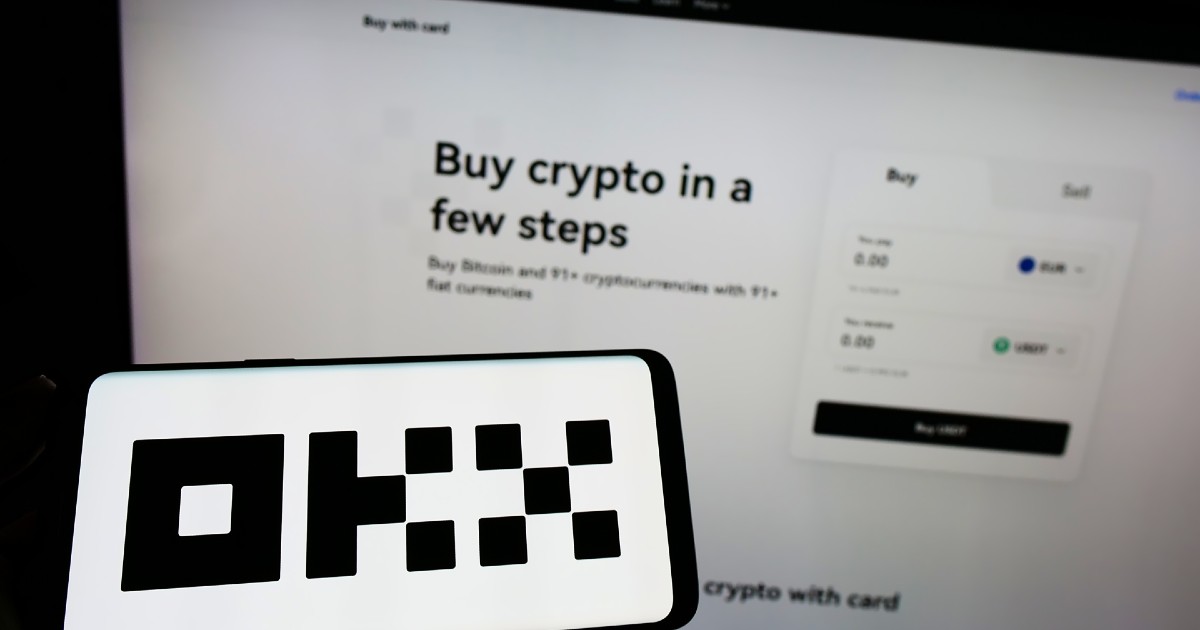Unsupervised Methods and Knowledge Discovery
Unsupervised methods prioritize prominent features, failing to elicit knowledge effectively. Inconsistent structure and evaluation criteria hinder progress. Future unsupervised methods are expected to face identification issues.
Addressing Issues in Unsupervised Knowledge Discovery with LLMs
Google DeepMind and Google Research researchers focus on LLMs and probes trained on LLM activation data from contrast pairs. These pairs consist of texts ending with Yes and No. A normalization step is applied to reduce the influence of prominent features. The hypothesis is that LLMs represent knowledge as credentials adhering to probability laws.
Challenges in Unsupervised Knowledge Discovery Using LLMs
LLMs excel at tasks but accessing latent knowledge is challenging due to potentially inaccurate outputs. The study introduces contrast-consistent search (CCS) as an unsupervised method but questions its accuracy in eliciting latent knowledge. Evaluating future strategies and distinguishing a model’s ability from that of simulated characters are emphasized.
Examining Unsupervised Learning Methods for Knowledge Discovery
The research investigates two unsupervised learning methods:
- CRC-TPC: PCA-based approach leveraging contrastive activations and top principal components
- K-means method employing two clusters with truth-direction disambiguation
Logistic regression with labeled data serves as a ceiling method, while a random baseline with randomly initialized parameters acts as a floor method. These methods are compared to evaluate their effectiveness in discovering latent knowledge in large language models.
Limitations of Current Unsupervised Methods
Current unsupervised methods applied to LLM activations do not reveal latent knowledge, instead emphasizing prominent features accurately. Experimental findings show that classifiers generated by these methods predict features rather than ability. The CCS method’s specificity for knowledge elicitation is questioned, suggesting its applicability to arbitrary binary features. Existing unsupervised approaches are deemed insufficient for latent knowledge discovery, and sanity checks for evaluating plans are proposed. Persistent identification issues, such as distinguishing model knowledge from simulated characters, are anticipated in future unsupervised approaches.
Summary of the Study
The study highlights the limitations of current unsupervised methods in discovering latent knowledge in LLM activations. The specificity of the CCS method is doubted, and sanity checks are suggested for evaluating plans. Improved unsupervised approaches are needed to address persistent identification issues and distinguish model knowledge from simulated characters.
For more information, please refer to the paper. All credit goes to the researchers involved in this project. Don’t forget to join our ML SubReddit, Facebook Community, Discord Channel, and Email Newsletter for the latest AI research news and updates.
If you enjoy our work, you’ll love our newsletter.
About the Author
Hello, My name is Adnan Hassan. I am a consulting intern at Marktechpost and soon to be a management trainee at American Express. I am currently pursuing a dual degree at the Indian Institute of Technology, Kharagpur. I am passionate about technology and want to create new products that make a difference.




















